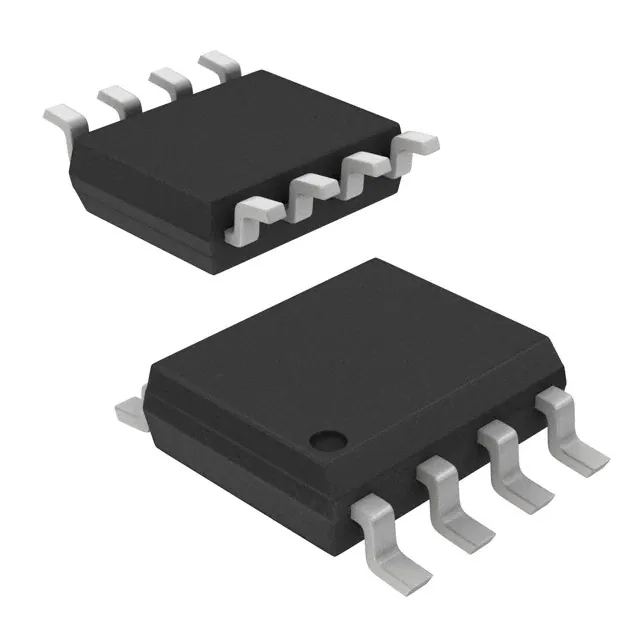The ADR291FR and ADR292 are low noise, micropower precision voltage references that use an XFET® reference circuit. The new XFET architecture offers significant performance improvements over traditional band gap and buried Zener-based references. Improvements include one quarter the voltage noise output of band gap references operating at the same current, very low and ultralinear temperature drift, low thermal hysteresis, and excellent long-term stability.
The ADR291/ADR292 family is a series of voltage references providing stable and accurate output voltages from supplies as low as 2.8 V for the ADR291. Output voltage options are 2.5 V and 4.096 V for the ADR291FR and ADR292, respectively.
Quiescent current is only 12 μA, making these devices ideal for battery-powered instrumentation. Three electrical grades are available offering initial output accuracies of ±2 mV, ±3 mV, and ±6 mV maximum for the ADR291, and ±3 mV, ±4 mV, and ±6 mV maximum for the ADR292. Temperature coefficients for the three grades are 8 ppm/°C, 15 ppm/°C, and 25 ppm/°C maximum, respectively. Line regulation and load regulation are typically 30 ppm/V and 30 ppm/mA, maintaining the reference’s overall high performance. For a device with 5.0 V output, refer to the ADR293 data sheet.
The ADR291FR and ADR292 references are specified over the extended industrial temperature range of −40°C to +125°C. Devices are available in the 8-lead SOIC, 8-lead TSSOP, and 3-lead TO-92 packages.
Feature
- Supply Range 2.8 V to 15 V, ADR2914.4 V to 15 V, ADR292
- Supply Current 12 µA Max
- Low-Noise 8 µV and 12 µV p-p (0.1 Hz to 10 Hz)
- High Output Current 5 mA
- Temperature Range -40ºC to +125ºC
- Pin Compatible with/
Applications
- Portable instrumentation
- Precision reference for 3 V and 5 V systems
- Analog-to-digital and digital-to-analog converter reference
- Solar-powered applications
- Loop-current-powered instruments
(Picture: Pinout)


















